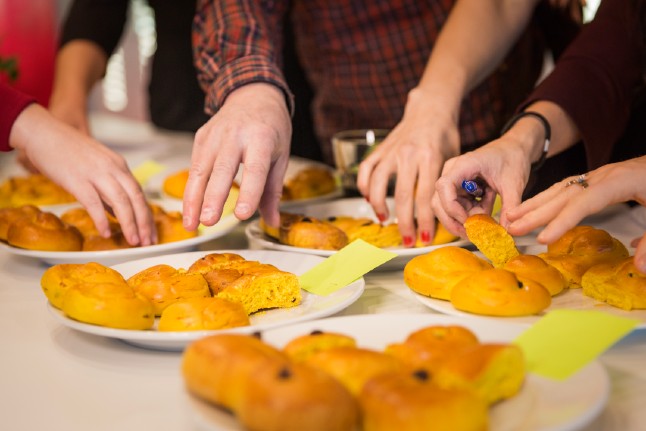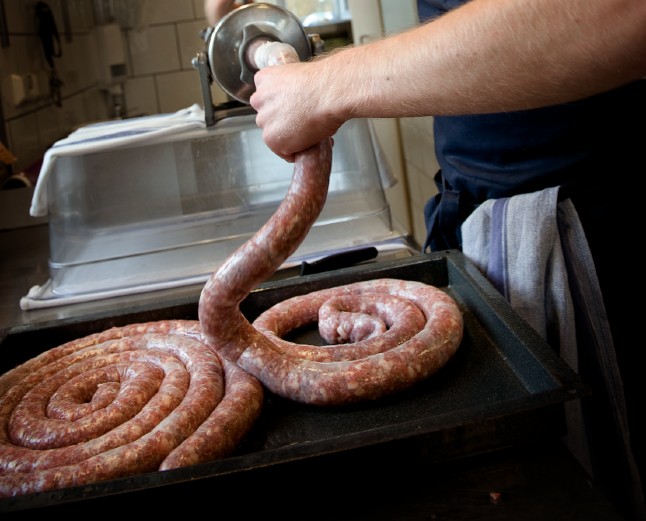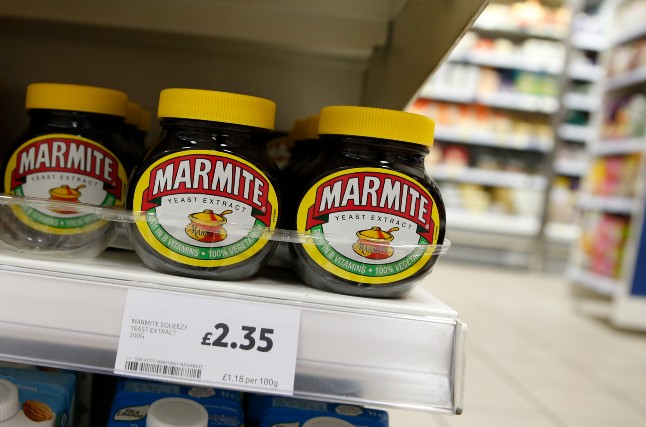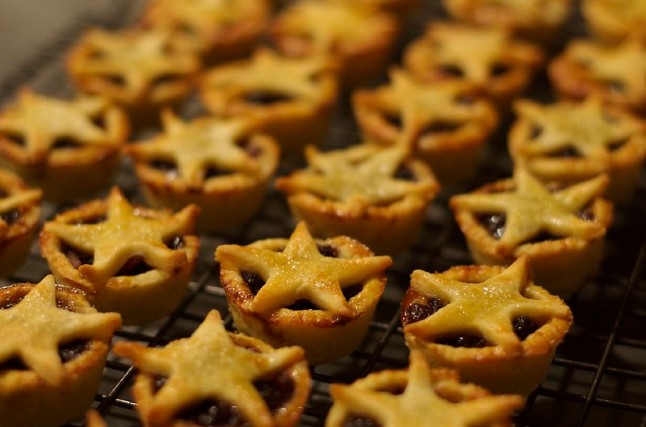If you’re heading home to spend Christmas with family or they’re coming out to stay with you, be aware of the rules regarding food and drink, and what you can and can’t bring in and out of Britain and the EU.
Some rules have changed recently, following Brexit, so read our guide below to make sure you aren’t caught out at customs.

Travelling to the UK from Sweden
For those travelling to the UK from Sweden, the rules are relatively lax as many border checks are yet to be introduced.
Note, if you’re spending Christmas in Northern Ireland there are different rules on food and animal products. Find them here.
The following products have no restrictions, regardless of where they are produced, so you can safely bring in supplies of Christmas pepparkakor, lussebullar, polkegrisar and knäck.
- bread
- cakes (without fresh cream)
- biscuits
- chocolate and confectionery, but not those made with unprocessed dairy ingredients
- pasta and noodles, but not if mixed or filled with meat or meat products
- packaged soup, stocks and flavourings
- processed and packaged plant products, such as packaged salads and frozen plant material
- food supplements containing small amounts of an animal product, such as fish oil capsules

Meat, fish and animal products
If you have friends and family putting in orders for Swedish julkorv Christmas sausages, falukorv or västerbottensost cheese (well, you never know), be assured that the rules on bringing meat, dairy, fish and other animal products into the UK are relatively relaxed.
You can bring in meat, fish, dairy and other animal products as long as they’re from the EU.
Alcohol allowance
For those of us who want to surprise our family with Swedish glögg or akvavit, you can – but there are some limits on how much booze you can bring to the UK from Sweden (and the EU more generally).
How much you can take depends on the type of alcohol.
Limits:
- beer – 42 litres
- still wine – 18 litres (or 24 standard size bottles)
- spirits and other liquors over 22 percent alcohol – 4 litres (or 6 standard-sized bottles)
- sparkling wine, fortified wine (port, sherry etc) and other alcoholic drinks up to 22 percent alcohol (not including beer or still wine) – 9 litres (or 12 standard sized botles)
It’s worth knowing that you can split your allowance, for example you could bring 4.5 litres of fortified wine and 2 litres of spirits.
The allowance is per person, so if you’re travelling in a car with two people over the age of 18, you can bring back double the amounts listed above.

Travelling into Sweden from the UK
While British borders are not yet checking many things, the rules on food and drink are much tougher when entering the EU from the UK.
The key thing to know is that is you if you arrive in the EU from a non-EU country, you cannot bring any meat or dairy products with you – that means no Wensleydale, no Cornish Brie, and no British bacon to enjoy over Christmas or New Year (sob).
The EU’s strict rules mean that all imports of animal-derived products technically come under these rules, so even boxes of chocolates are now banned (because of the milk).
Similarly, if you’re planning on asking a friend or family member to bring you over some sweets, cakes, or other home comforts, be aware that the ban includes all products that contain any meat or dairy as an ingredient – which includes things like chocolate, fudge, custard and sweets (because of the gelatine.) So, no Cadbury’s Dairy Milk, I’m afraid (although Cadbury’s is shortly to launch a vegan bar, which should be OK).

Even classics like Christmas pudding and Mince Pies are banned because they contain suet (unless you find a vegan pudding), so if you’re planning on a British-style feast you will need to source your foodstuffs in Sweden – there are plenty of British supermarkets if you need the goods although they are pricey due to import costs.
You are allowed to bring a small quantity of fruit and vegetables as well as eggs, some egg products, and honey from the UK into Sweden or other EU countries.
Restricted quantities of fish or fish products are also allowed: eviscerated fresh fish products (gutted, with all the organs removed), and processed fishery products are allowed up to 20 kg or 1 fish, so you can enjoy some Scottish smoked salmon in Sweden over Christmas if you want.
A good rule of thumb is to look for the vegan labelling on anything that you wish to bring over, although this does not extend to fresh fruit and veg. Be aware also that cut flowers and plants are covered by the ban, so that may affect any gifts you bring.
In good news, tea bags – longed for by Brits the world over – are allowed. Marmite, which is vegan, is also OK but Bovril, which contains beef stock, is not.
Booze
Bringing British wine to Sweden is allowed, while limited amounts of British ales and spirits are also OK.
Travellers arriving in the EU from Britain can, according to the European Travel Retail Confederation (ETRC), bring the following quantities of alcohol:
- 4 litres of still wine (6 bottles)
- 16 litres of beer
- 1 litre of spirits, or 2 litres of sparkling or fortified wine
If you’re travelling with children, note that powdered infant milk, infant food and specifically required medical foods are allowed up to a maximum 2kg. The same goes for pet foods.
It is worth noting that these strict EU rules also apply to sending products by post, so if you were hoping to get around the newly applicable legislation by having someone send you a delivery of mince pies, they will probably be intercepted and confiscated at the Swedish postal service’s customs checks.


 Please whitelist us to continue reading.
Please whitelist us to continue reading.
Member comments